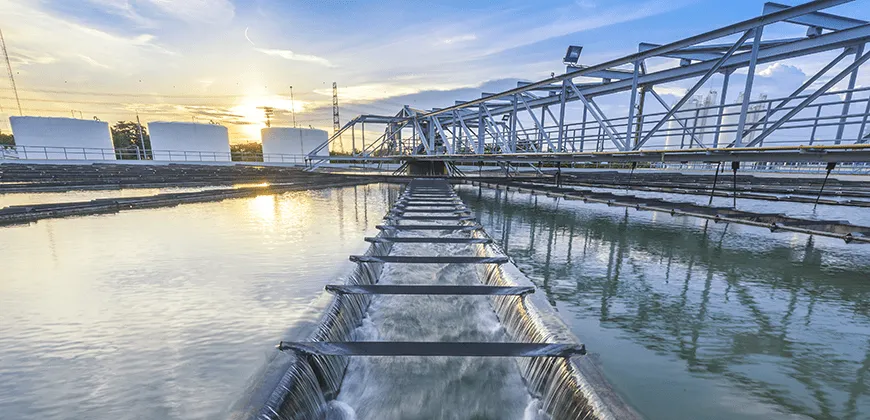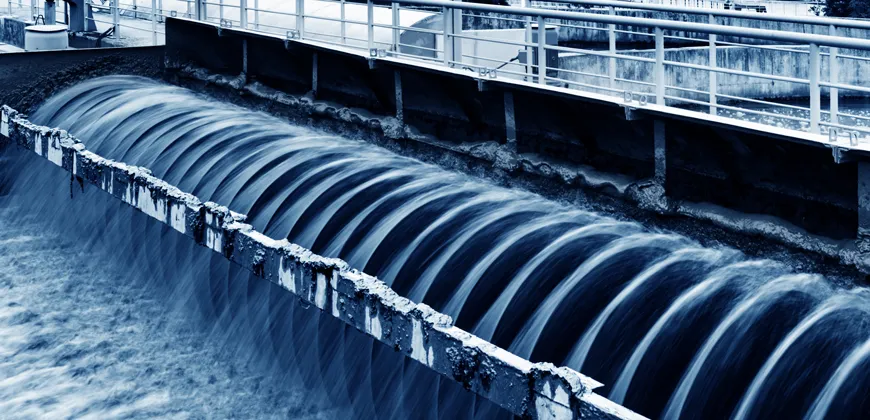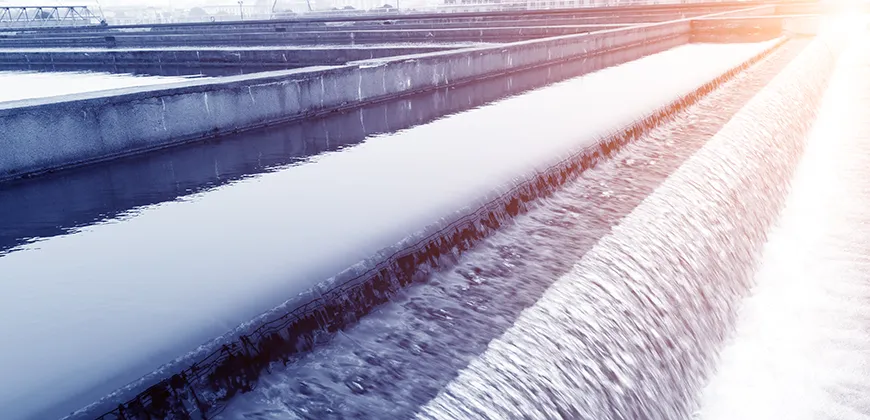Optimizing information flow to better manage water flow

Dr. Steven Weijs is currently an Assistant Professor in the Department of Civil Engineering at the University of British Columbia. Without data, water resource managers are simply making decisions in the dark. Yet the data that we can access do not always contain the information we need – and it’s quite likely that people working in water resource management 10, 20, 50 or even 100 years ago did not put in water monitoring instruments in the locations of most interest to us now.
Improved water resources management through informed decision-making
In my research I am using information theory to understand how to optimize information flow so that we can make informed decisions about water flow and water resources.
That flow goes from our environment to our observations, then through models into predictions that inform decisions that eventually influence the environment again.
This type of work draws as much on computer science and statistics as it does on hydrology – yet another example of how the real world is not defined by disciplinary boundaries. When we are putting monitoring systems in place, there are so many choices about what to measure, where and when. These choices are critical for the information flow.
For example, I am currently working on a project with the BC Ministry of the Environment to plan out the future development of the monitoring network for the province’s rivers – basically growing the nervous system of our province’s water intelligence. Models take us from data to prediction. To do this, a model needs to extract patterns, which I see as observations in compressed form. So there are questions that need to be asked relating to data compression and creating models that are neither too simplistic nor too complex. Predictive models are used to make decisions, and those decisions involve uncertainty. While decision makers might want crisp predictions and clear answers, outcomes are uncertain. It is better to communicate uncertainty and highlight all the possible scenarios so that decisions can be made based on how much risk people are able to tolerate versus the cost to reduce it.
Hydrology and data analysis
Students in the MEL in Integrated Water Management explore some of these issues of hydrology and data analysis in my class.
One of the two main projects they complete, for example, requires them to follow the information flow as they make a decision about locating and sizing a run-of-the-river hydro plant. If the plant is too large, it will be hard to recoup the investment cost as the plant won’t be running at full capacity. If the plant is too small, you will not be using the available water to make the most of your investment. Deciding where to site a plant requires data about the availability of water at the location over time and from season to season. Ideally, you’d want many generations of data, but as is always the case, it’s highly unlikely that people 100 years ago had the foresight to install measuring devices in the ideal locations for today’s project plan.
Developing sustainable water management solutions
The second project gives students free rein to pick a topic in hydrology and work in a team on a research question. I encourage students to explore innovative observation techniques and to develop a healthy skepticism of existing data sources and the assumptions and sensitivities used in predictive models. They also leave the class with experience working with large data sets and tools like Jupyter Notebooks.
The outcomes of both this class and the Integrated Water Management program as a whole equip students with the tools they will need to develop sustainable water management solutions.
The industry will increasingly rely on machine learning and artificial intelligence, and as with current predictive models, these tools are only valuable if they are based on reliable, accurate data. All this makes it ever more important to make wise investments now in data collection so that we can confidently use the resulting information to make water resource management decisions in the future.


